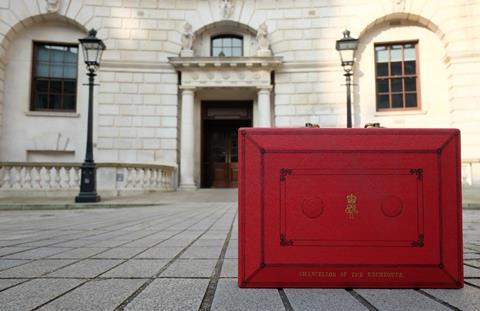
Chancellor Rishi Sunak set out the 2021 Budget that is designed to help the country financially recover from the Covid-19 pandemic of the past year. We take a look at the areas that will impact the convenience sector.
Business Rates
The Business Rates holiday will be extended until June 2021 and then discounted by two-thirds, up to a value of £2m for closed businesses, with a lower cap for businesses that have been able to stay open.
The move was welcomed by Association of Convenience Stores chief executive James Lowman. “We strongly welcome the short term measures that the Chancellor has announced to avoid a sudden shock in business rates increases for local shops,” he said. “The upcoming review of business rates will be crucial in shaping our economic recovery from Covid-19, and we have long argued for the system to be designed to promote and reward investment. It is therefore encouraging to see the Chancellor sharing our focus on promoting investment through his announcement of the new ‘super deduction’.”
Budgens retailer David Knight was left disappointed by the announcement saying he had hoped it would be extended for a full year and that while trade had been up, it was still erratic and retailers need that support.
This sentiment was echoed by the British Independent Retailers Association. CEO Andrew Goodacre said: “A reduction in business rates for 2021/22 is welcome but we strongly believe that the Chancellor has missed an opportunity to go one step further by not giving a full year of relief to non-essential retailers. This has been done in Scotland, and such a decision in England would only have cost approx. £1bn to give genuine reassurance to thousands of retailers looking to re-build their business.”
Furlough
The furlough scheme will be extended until the end of September with employers asked to contribute 10% from July, and 20% from August. While largely welcomed by the Federation of Wholesale Distributors, more action was urged.
Wholesalers welcome the extension of furlough until September, but wages are only part of their overheads.
— FWD (@FWDwholesale) March 3, 2021
They need @GOVUK assistance to buy, store, refrigerate and distribute the food the hospitality sector needs as it re-opens.
@hmtreasury must take action now. pic.twitter.com/OEeb4s5WAZ
Grants
The government announced a £5bn grant scheme to help businesses hit hardest by the pandemic, with individual grants worth up to £18,000 for hospitality and up to £6,000 for non-essential businesses.
On this announcement, Lowman said: “The impact of the pandemic has not been felt evenly, with many local shops and other essential businesses in city centres and other areas severely impacted. We are urging the Government to extend the new £5bn grant scheme to those businesses to help them recover.”
VAT
The 5% reduced rate of VAT will be extended for six months to 30 September and then will be followed by interim rate of 12.5% for another six months.
Duty
A planned increase in alcohol duty was scrapped for 2021/22. The Chancellor said to further support the hospitality industry and its suppliers as well as public spending, the duty rates on beer, cider, wine and spirits will be frozen for another year. Tobacco was left untouched.
The NFRN welcomed the freeze on fuel duty. “The cancellation of a planned increase on fuel duty will also come as a relief to retailers who provide home delivery services, something that has increased markedly during the pandemic.”
National Living Wage
From April 2021, the National Living Wage will be £8.91 per hour for those aged 23 and over; £8.36 for those aged 21-22; £6.56 for those aged 18-20; £4.62 for under 18s and £4.30 for apprentices.
Contactless payments
To further support UK consumers and businesses during the COVID-19 response, and following a public consultation by the Financial Conduct Authority, the government has approved an increase to the legal contactless payment limits previously set by the European Commission. This will allow banks to support single contactless payments up to £100, and cumulative contactless payments up to £300, without the need for customers to input their chip and pin. The government looks forward to the banking industry implementing the new limits later this year.



















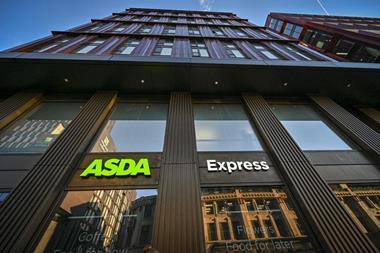
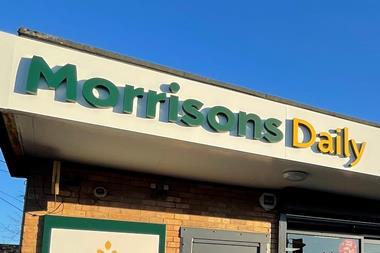


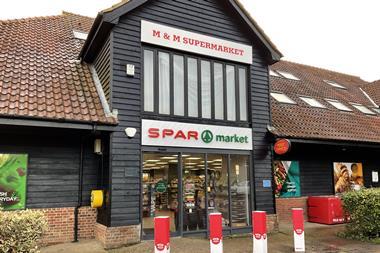

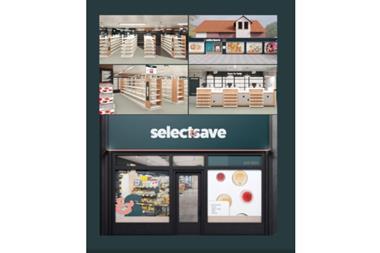
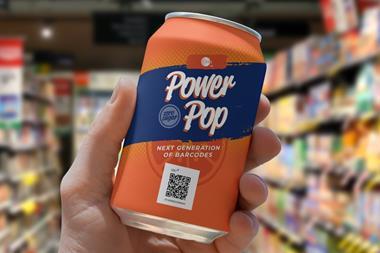
No comments yet